Understanding Mortgage Rates in Utah: Factors That Influence Your Loan
SEO Meta-Description: If you're considering a mortgage in Utah, it's crucial to understand the various factors that can influence your loan's interest rates. This comprehensive article explores the ins and outs of mortgage rates, covering everything from credit scores to market conditions. Get ready to make informed decisions and secure the best possible mortgage rate for your dream home in Utah.
Introduction
Purchasing a home is an exciting milestone, but the process can be overwhelming, especially when it comes to understanding mortgage rates in Utah. The interest rate you secure for your mortgage plays a pivotal role in determining the overall cost of your loan. In this article, we will delve deep into the factors that influence mortgage rates in Utah, empowering you with the knowledge needed to navigate this critical aspect of the home-buying journey successfully.
Factors That Influence Mortgage Rates in Utah
1. Credit Score Matters
Your credit score is one of the most significant factors that impact the interest rate on your mortgage. Lenders use credit scores to gauge your creditworthiness and assess the risk of lending to you. Borrowers with higher credit scores typically qualify for lower interest rates, as they are perceived as less risky from the lender's perspective.
2. Down Payment Percentage
The amount you put down as a down payment can also influence your mortgage rate. A larger down payment signals financial stability and lowers the loan-to-value ratio, making you a more attractive borrower to lenders. Consequently, you may qualify for a reduced interest rate, which can lead to substantial savings over the life of your loan.
3. Loan Term Length
The term length of your mortgage can impact the interest rate. Shorter loan terms, such as 15 years, usually come with lower interest rates compared to longer terms like 30 years. While shorter terms save you money in interest over time, they may also mean higher monthly payments.
4. Current Market Conditions
Mortgage rates are highly sensitive to the state of the economy and prevailing market conditions. Factors such as inflation, economic growth, and the overall health of the housing market can cause rates to fluctuate. It's essential to keep a close eye on economic indicators to identify favorable periods for locking in your mortgage rate.
5. Type of Interest Rate
Mortgages generally offer two types of interest rates: fixed and adjustable. Fixed-rate mortgages maintain the same interest rate throughout the loan's term, providing stability and predictability. On the other hand, adjustable-rate mortgages (ARMs) start with a fixed rate for a specified period, after which the rate may vary based on market conditions. ARMs can be enticing initially, but they carry more uncertainty.
6. Debt-to-Income Ratio (DTI)
Lenders also consider your debt-to-income ratio when determining mortgage rates. A lower DTI, which indicates that you have manageable debt relative to your income, can improve your chances of qualifying for a better rate.
7. Employment History and Income Stability
Lenders prefer borrowers with a stable employment history and consistent income. If you have a strong work history and a steady source of income, you may be perceived as less risky, potentially resulting in a more favorable interest rate.
8. Property Location
The location of the property you intend to buy can affect mortgage rates. Certain areas might be subject to different economic conditions, which can influence lending practices and rates. Factors like the local housing market and property taxes may also come into play.
9. Loan Amount
The loan amount itself can impact the interest rate. In some cases, larger loans may carry higher interest rates due to the increased risk involved for the lender.
10. Points and Fees
Mortgage points are fees paid upfront to reduce the interest rate over the life of the loan. While paying points can lead to lower rates, it's essential to calculate whether the upfront cost aligns with your long-term goals.
11. Locking Your Rate
Timing is crucial when it comes to mortgage rates. Locking in your rate ensures that you'll receive the agreed-upon rate, protecting you from potential rate hikes while your loan is being processed.
12. Government Policies and Regulations
Government policies and regulations can also influence mortgage rates. Changes in monetary policy or housing regulations can impact the interest rate environment.
13. Your Mortgage Lender
Different lenders offer different rates, so it's crucial to shop around and compare offers. Building a relationship with a reputable lender can lead to more competitive rates.
14. Market Competition
Mortgage rates are also influenced by market competition among lenders. When lenders compete for business, borrowers may find more attractive rates and terms.
15. Refinancing Options
If you already have a mortgage, keep an eye on refinancing opportunities. Refinancing can help you secure a lower rate and save money on interest payments.
16. Economic Indicators
Keep an eye on economic indicators such as GDP growth, employment rates, and inflation. These factors can give you insight into the direction of mortgage rates.
17. Seasonal Variations
Believe it or not, mortgage rates can vary seasonally. Certain times of the year may offer more favorable rates than others.
18. Market Supply and Demand
Supply and demand dynamics in the housing market can affect mortgage rates. High demand for homes may lead to higher rates.
19. Financial Market Volatility
Uncertain economic conditions can lead to increased financial market volatility, impacting mortgage rates.
20. Global Economic Factors
Global events and economic conditions can also have ripple effects on mortgage rates in Utah.
21. Appraisal Value
The appraised value of the property can influence the loan terms and rates offered by lenders.
22. Financial Reserves
Having substantial financial reserves can positively influence your mortgage rate.
23. Loan Type
Different types of mortgages, such as conventional, FHA, or VA loans, come with varying rate structures.
24. Home Equity
If you already own a home and are looking to refinance, your home's equity can play a role in the rates available to you.
25. Market Perception
Perceptions of the economy and future rate movements can also impact current mortgage rates.
Frequently Asked Questions (FAQs)
Q: Can I improve my credit score to get a better mortgage rate?
A: Yes, improving your credit score can positively impact your mortgage rate. Paying bills on time, reducing credit card balances, and disputing any errors on your credit report are effective ways to boost your score.
Q: Should I choose a fixed-rate or adjustable-rate mortgage?
A: The choice between a fixed-rate and adjustable-rate mortgage depends on your risk tolerance and financial goals. Fixed-rate mortgages offer stability, while ARMs can be more flexible in the short term but carry uncertainty in the long term.
Q: What is the ideal down payment percentage to secure a good rate?
A: While a 20% down payment is often recommended to avoid private mortgage insurance (PMI), some lenders offer favorable rates for down payments as low as 5%. However, a larger down payment can still lead to better rates.
Q: Can I negotiate mortgage rates with lenders?
A: Yes, mortgage rates are not set in stone. It's always worth negotiating with lenders to secure the best possible rate based on your financial profile and the current market conditions.
Q: Is it worth paying points to lower my interest rate?
A: Paying points can be a strategic move if you plan to stay in the home for an extended period. However, it's essential to consider how long it will take to recoup the upfront costs through interest savings.
Q: How often do mortgage rates change?
A: Mortgage rates can change daily or even multiple times in a single day, depending on market conditions. Staying informed and acting quickly can be beneficial.
Conclusion
Understanding mortgage rates in Utah is essential for any prospective homebuyer. Multiple factors, including credit scores, down payment percentage, loan term, and current market conditions, influence the interest rate you'll be offered. By being proactive, improving your financial profile, and staying informed about market trends, you can increase your chances of securing the most favorable mortgage rate for your dream home. Take advantage of the knowledge and insights shared in this article to make informed decisions and embark on your homeownership journey with confidence.










We service multiple state and areas. Check out a few if we can help you today! Utah: Salt Lake City, Ogden, Layton, Brigham City, and West Valley. Idaho: Boise, Meridian and Preston. And so much more! Check this map to see if we are in your state!
Request A Free Consultation
Contact Us
We will get back to you as soon as possible
Please try again later
SERVING THESE AREAS AND SO MUCH MORE! CHECK OUR LISENCE MAP TO SEE IF WE HAVE YOU COVERED!

NMLS #85327
2025 Copyright • Steve Wilcox, Fulcrum Home Loans | Privacy Policy
Fulcrum Home Loans NMLS#: 1926444 Utah DRE Mortgage Office License # 8335595. MLO 0117736. MC3094-122. All loans subject to credit and property approval. Fulcrum NMLS 1926444. Fulcrum is an Equal Housing Broker. Some products and services may not be available in all states. Credit and collateral are subject to approval. Terms and conditions apply. This is not a commitment to lend. Programs, rates, terms and conditions are subject to change without notice.
California – DFPI Financing Law License #60DBO-175010 | Idaho Mortgage Broker License #MBL- 2081926444 | Montana Mortgage Broker License #1926444 | South Dakota Mortgage Brokers License #1926444.MB | Texas SML Mortgage Company License | Utah-DRE Mortgage Entity License #11657341 | Washington Mortgage Broker License # MB-1926444 | Wyoming Mortgage Broker License # 5054

